What do a ski instructor and a factory maintenance worker have in common? They are often forgotten when it comes to digitizing the workplace - with the aim of simplifying collaboration and communication. Perhaps because they don't have a workplace in the classic sense. Maybe also because it's harder to reach them. At least, that used to be the case.
Today, technology (software and hardware) has advanced to the point where there's no reason not to tap the potential of frontline employees. After all, they are the ones who have the greatest impact on the customer experience, guarantee the quality of products or keep production running.
At MondayCoffee, we also used to focus on knowledge workers. Today it's different. The ski instructor and the factory maintenance worker can benefit just as much from our Modern Workplace solution, because with dedicated use cases the potential and needs of these employees can be addressed really well.
UNTAPPED POTENTIAL TO ACCELERATE BUSINESS SUCCESS IN THE DIGITAL AGE.
80% of the global workforce is deskless. This includes firstline workers. These are employees whose work primarily takes place away from a computer - but requires some access to technology. This technology is out of date in many companies. While knowledge workers enjoy the benefits of a Modern Workplace, frontline workers are at risk of disconnect. Here are a few reasons why this challenge needs to be addressed:
Frontline workers are...
... the first to make contact with customers.
... the first to represent a company's brand.
... the first to see products and services in action.
They are the people behind the counter, on the phone, in the clinics, in the workshop. They build our vehicles, care for our patients, run our factories, deliver our packages, grow our food and erect our buildings. They include maintenance workers, salespeople, nurses, flight attendants, electricians, baristas and store managers.
They form the backbone of many of the world's largest industries. Without them, the ambitious plans and strategies of business leaders could not be realized.
DIGITIZING FRONTLINE WORK BRINGS EFFICIENCY, QUALITY AND CUSTOMER SATISFACTION.
Frontline employees have tremendous but untapped potential to drive growth, spark innovation and accelerate a company's success in the digital age. This potential can be unlocked by equipping them with technology, information and a degree of autonomy to perform their jobs. Individuals must be empowered to deliver high-quality work.
AN EXAMPLE OF THIS IS PROVIDED BY OUR SUCCESSFUL PROJECT WITH THE WEISSE ARENA.
The Weisse Arena Group (WAG) is an integrated service company in the tourism and leisure industry in the canton of Graubünden in Switzerland. Its employees offer customers unforgettable experiences in all seasons.
In 2020, WAG had implemented LaaxNet (MondayCoffee's Modern Workplace Solution) to support modern collaboration in their holocratic organization. Today, employees "on the slope" and "on the road" can digitally complete manual processes via their smartphones and the Microsoft Teams app, have real-time access to critical information, and share customer experiences with their colleagues.
Knowledge workers and frontline workers easily collaborate in the same solution across different devices. They are served with real-time information to the same extent and both benefit from state-of-the-art hardware and software.
To ensure that all WAG staff know what is happening on the mountain at all times, a special news flow has been developed. This provides the frontline workers with important and time-critical information via their mobile devices (Microsoft Teams app). For example, daily news posts are posted about the current weather situation, temperature, open facilities, or disruptions in rail operations.
FIRST THE FOUNDATION, THEN THE OPTIMIZATION: COLLABORATION SCENARIOS AND PROCESSES GET THINGS STARTED.
Investing in the right technology plays an important role in empowering the firstline workforce. It is equally important to challenge tasks and processes, rethink digital, and instill digital skills.
IT infrastructure must be ready to support a much larger and more distributed employee base. Securing devices and data requires new approaches. Especially in high-volume, high-turnover work environments.
But even before thinking about issues such as data security and governance, it is important - together with the employees - to understand the different collaboration scenarios and record them in a structured way so that you can then work specifically on the technical challenges.





